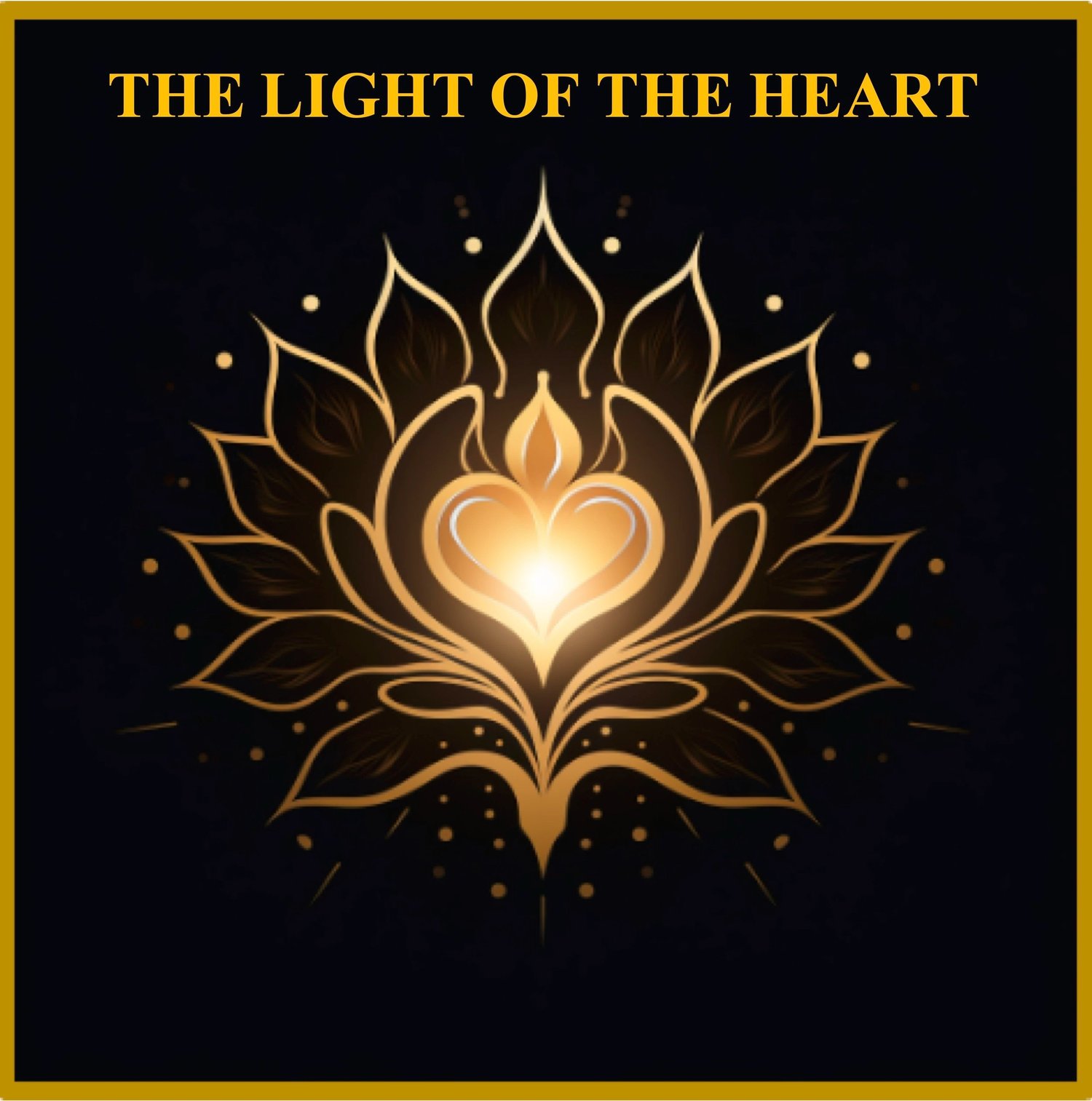Why Opening the Heart Is Fundamental in Kuṇḍalinī Practices - Part 1
Introduction
The very first thing we emphasize with new students in our practice is the power of opening the heart. Opening our heart is the fundamental capacity we develop. It has wide reaching reverberations: 1) we begin to function in our daily life from a deeper place; 2) the heart transforms our own understanding of ourselves and the purpose of our life. This is why advanced meditation practices build on the foundation of the heart. This three-part blog post (in parts 2 and 3) includes a few simple exercises to help us explore the heart.
Opening the heart is crucial in our spiritual development. Developing the capacity to first find our own heart and then nourish it, provides us with a foundation from which we can begin to function in our lives, both in our relationship with ourselves and with the world. A lot of authentic spiritual practices focus on the heart - Sufism, Christian mystics etc. It is important to understand why it is the case that the heart is a recurring theme and emphasized so much in so many practices.
One of Swami Rudrananda's (Rudi) most insightful and powerful statements was, "The reason the world is screwed up is that nobody opens their heart". We could examine this statement from another perspective: if people tend not to function from their hearts, what is it that we mostly function from, i.e. "the" reason the world is screwed up? We could re-interpret Rudi's statement: "The reason the world is screwed up is that everybody functions from their mind."
If we assume that these two statements are equivalent, we could collapse them into: "No heart = mind". The inverse of that is "Heart = no mind." The natural question these two shorter statements pose is: "Are the heart and mind mutually exclusive?"
But hold on a second! The second thing we tell people when they begin to explore this practice is that it is a non-dual practice. So, how do we reconcile that with the possibility that the heart and mind might be mutually exclusive, i.e. we are in an either/or situation, which is inherently dualistic! What a pickle! But, let’s slow down a bit and first explore what we mean by mind.
What is the mind?
In the cosmology of nondual philosophy, the mind is the instrument of the ego. In Sanskrit, the ego translates as "I maker," i.e. the creation of identity. This is "me," this is the "world," even "God" if I believe such a thing, is separate from me. In other words, the nature of the ego is dualistic understanding of life. This is the purpose of the ego, to conceal a higher level of understanding. How does the ego accomplish that? It uses a toolkit, called the mind.
The mind can be understood as the instrument of the ego - i.e. thought constructs, beliefs such as: "I can never get anything right, I am a loser," "Life is not fair, I am always the victim," "I can only be happy if I have a lot of money, relationships, etc.," and the script of the mind goes on and on. These thought constructs are very different from thoughts such as, "I need to make a right turn here to arrive at the store." Thoughts help us function in the world and that is a good thing, that is their primary purpose. The issue is the binding power of thought constructs that create limited stories which become the primary script from which we understand ourselves and life.
To make matters worse, emotions wrapped around thought constructs create a spaghetti bowl around thought constructs, further binding us to limiting beliefs. To be clear, emotions are a good thing, they, in part, make us human beings: we can feel, we have compassion for people, etc. Emotions only become an issue when we allow them to re-inforce our limiting thought constructs. For example, depression/sadness wrap around thought constructs of being a victim, making it harder for us to rise above the mind.
The problem with the ego is that it is the cause of our suffering. The ego has us wrapped around its little finger, and we don't even know it! The ego is very powerful, it has the capacity to completely conceal any possible higher perspective and experience of life. The ego is a tunnel with no lights. That is why the world is screwed up.
Is there a light at the end of the tunnel? What could that light be? Luckily for us, that light is called grace. It is that grace that brought us to inquire inside: "Is that what life is about? Is there more to life?" This is a pivotal shift in our life, were we begin to turn inside to find an answer, after unsuccessfully trying to find one in the manifest world.
